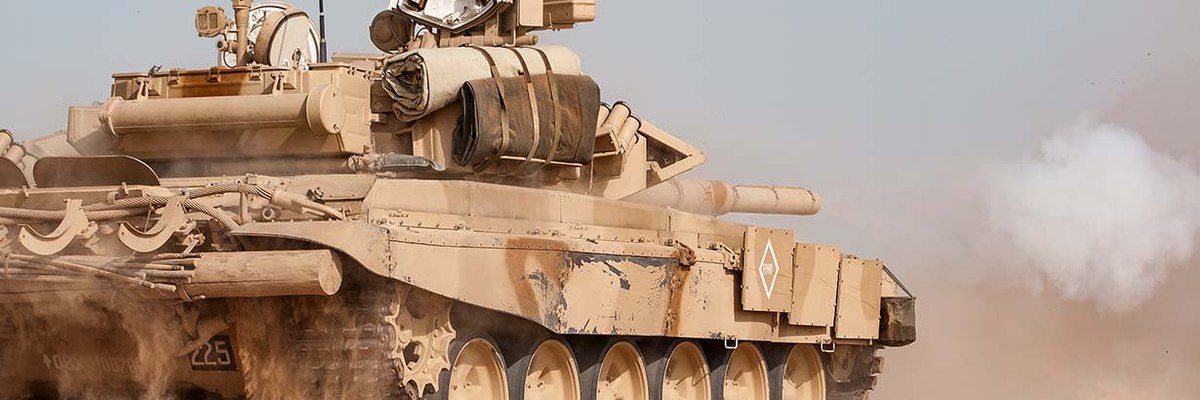The second part of the YouGov Study of War looks at the likelihood of Britain being involved in a war and under which circumstances that might happen. We also surveyed the public on the ability of the British armed forces to defend the UK, as well as opinions about British involvement in previous wars.
It should be noted for posterity that the study was conducted from 14-18 April 2022, during the Russian invasion of Ukraine.
Just over half of Britons (54%) think it is likely that the UK will be directly involved in a war in the next five years. While this consists of 40% who say this is ‘somewhat likely’, it also includes one in seven (14%) think this is ‘very likely’ to happen.
Three in ten (30%) Britons do not think that UK will be actively involved in a war in the near future, while 15% say they don’t know.
A quarter (27%) of Britons lack confidence in the ability of the British army to defend the UK from an attack by another power, including 6% who say they are “not confident at all”. Six in ten Britons (60%) say they are confident in the British army’s ability to defend the UK.
When asked about British military involvement in some of the previous wars, only in the case of the Second World War do the majority of Britons (by 81% to 3%) think it was right to take part. More than a quarter of Britons under 40 (27-28%) say they ‘don’t know’ whether Britain should or should not have been involved in WW2, which is much higher than older Britons (8-14%).
The only other conflict asked about that Britons tend to think the UK was right to fight was the Falklands War, with around half (50%) thinking so compared to 15% who think it was wrong. Among those between the age of 40 and 59, 55% support UK’s war for the Falklands, with this growing to 71% among those 60 and older.
The majority of Britons under the age of 40 (54-58%) – almost none of whom will have been born by the time of the conflict – say they ‘don’t know’ whether it was right or wrong for Britain to be in that war.
When it comes to the Gulf War of 1991, when the UK joined an international coalition against Iraq to stop its invasion of Kuwait, just 22% of Britons support British actions in that conflict, while 33% oppose them. In this case as well, a large majority of Britons under the age of 40 (63-68%) say they are ‘not sure’ whether it was right or wrong for Britain to get involved, which is significantly higher when compared to older age groups (31-38%) who expressed this view.
In both cases, given the relative youth of those under 40 at the time of the events, these ‘don’t know’ responses likely suggest a lack of familiarity with the conflicts, rather than a moral quandary about the wars.
In the case of the 2001 war in Afghanistan, 15% of Britons think it was right for the UK to get involved, while 50% say it was wrong. Likewise, just 12% of Britons think it was right to invade Iraq in 2003, while over half (56%) think it was wrong.
For these more recent wars, we see uniquely high “don’t know” responses only among the 16-24 year old age group (48% in both cases), whereas those of 25-39 year olds are much closer to those of 40-59 year olds, again suggesting that a large portion of the unsure sentiment among younger Britons is about a lack of awareness, rather than indicating moral uncertainty.






